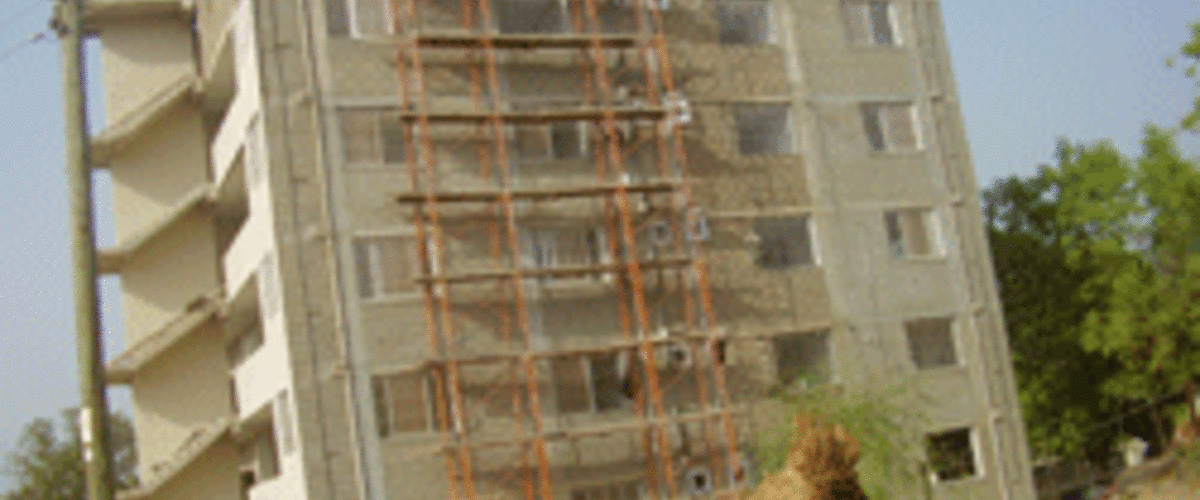The changing face of Juba
Leaning against a small Juba shop piled high with canned goods, soaps and other household essentials, Kiju Samuel said he was making a better living trading in his hometown than he had in Uganda.
Leaning against a small Juba shop piled high with canned goods, soaps and other household essentials, Kiju Samuel said he was making a better living trading in his hometown than he had in Uganda.
"When I was in exile in Uganda, I used to trade, but only earned enough to make ends meet," said the 45-year-old grocer, who recently returned with his wife and three children from Uganda's Oliji refugee camp. "Now I can send my children to school with the profit I get from the sales of my goods."
Like other businessmen in the Southern Sudanese capital, Kiju is prospering in a development boom that has rocked the town since Sudan ended its 21-year civil war with a peace accord in 2005.
Economists have dubbed Juba the fastest growing city in Africa. Big-time investors and small traders alike have flocked there from nearby Democratic Republic of Congo, Uganda, Kenya, Somalia, Eritrea and Ethiopia. Some have made the trek from as far away as India and China.
Almost overnight, the town has become a budding market for foreign goods, such as vehicles and watches from Japan as well as Chinese computers and calculators. Agricultural and textile products are also streaming in, mainly from neighbouring Kenya and Uganda.
Wider and longer runways
With business expanding, the Government of Southern Sudan is upgrading Juba's small, dilapidated airport with new terminals. The Ministry of Roads is putting in wider and longer runways, so that large planes can land safely at what will soon be considered an international airport
Other construction in the town has skyrocketed, as solid buildings begin to alter the face of a town long dominated by tukuls (conical mud and straw huts) and iron-sheeted shacks. Hotels, apartments and offices are springing up and some of the town's existing structures have been renovated, including several ministries and Juba Teaching Hospital.
Many of the new buildings even enjoy electricity, as the town began to repair and wire electrical poles last year. About one third of the town, including many main streets, now has power.
With more vehicles in use, the town has also begun to fix its roads. The main street has been paved from the parliament building to Juba Airport and up to Hai Malakal area, upgrading what was once a dusty, dirt road riddled with cavernous potholes.
Besides easing transport, paved roads will eliminate a health hazard during the dry season. Thick, noxious dust thrown up by vehicles makes breathing difficult, especially for sufferers of respiratory infections. During the rainy season, the wide potholes overflow with water, making navigation a tricky experience.
Piles of refuse
Rapid development has also had its downside. Heaps of garbage has piled up in parts of town, especially around market areas, accompanied by the smells of rotten eggs, vegetables and decaying fish.
The town has no recycling system for its discarded plastic bags and bottles, which provide nesting places for disease-bearing flies and mosquitoes. Complicating matters, rainwater carries waste and bacteria breeding on it into the river, polluting the very waters on which the town depends.
No stranger to water-borne diseases, Juba has suffered through several outbreaks of cholera. Over the past two years alone, these have affected up to 1,200 people, mostly women and children, and endangered thousands of others.
The government is trying to eliminate the thousands of plastics bags scattered throughout the town's streets by collecting and burning them. At the same time, the Juba County Commissioner's office and UNICEF's environmental department are developing a project to clean up garbage dumps.
"The Mechanical Transport Department (MDT) and United States Agency for International Development (USAID) have approved $87,000 for a project to clean up Juba town, which is about to kick off soon," said Country Commissioner Albert Rodentore.
Sudan's DAL group of companies will be cleaning up the town and providing six garbage trucks, two for each of Juba's County's three payams (townships). Donors have pledged an additional $4 million to clean up the dumping site behind Jebel Hujur along Yei road of faeces and rubbish.
"We are going to dig two pits behind Jebel Hujur for both liquid and solid wastes. We shall work in collaboration with our partners like UNICEF," said Mr. Rodentore.
UNICEF is providing tents at the dumping site for guards, who will police proper disposal of garbage in pits. The agency is also giving wheelbarrows to all three Juba Country payams to help in the clean-up.
"We are trying to improve the mindset of the community ... to change the attitudes and behaviour of the people," said UNICEF Communications Officer Swangin Bismarck.
 UN
UN United Nations Peacekeeping
United Nations Peacekeeping





